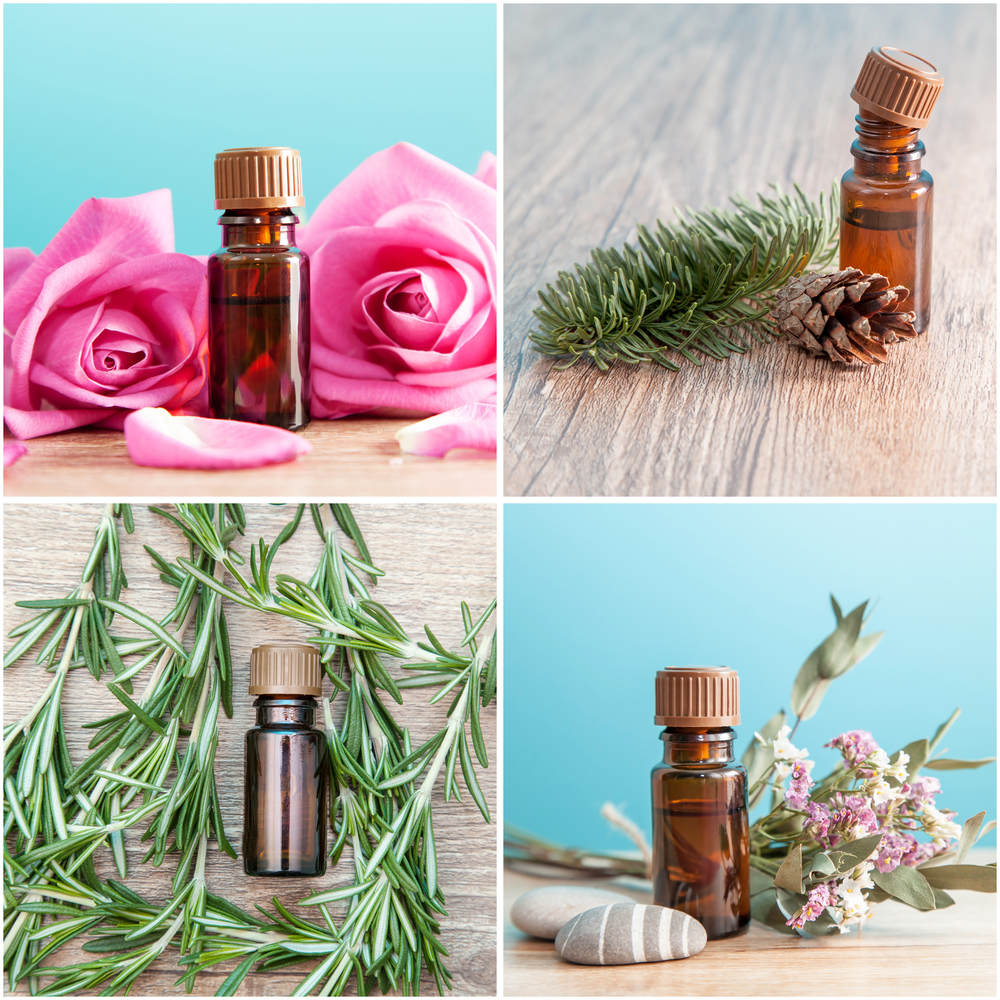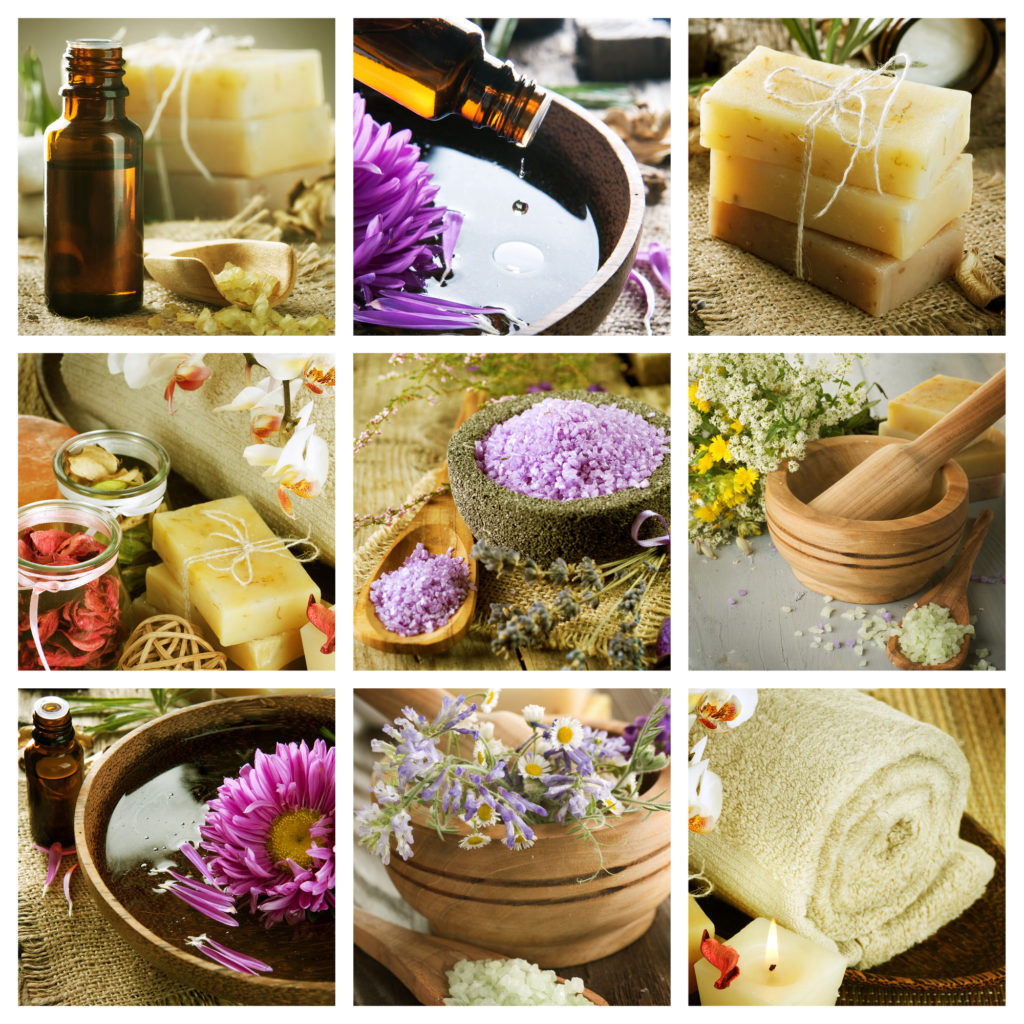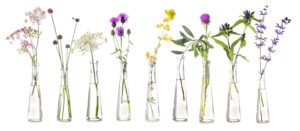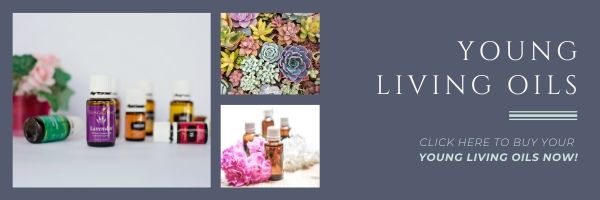Essential Oils
Essential Oils
The Natural Way to Health & Well-Being

Essential oils are the natural product of plant metabolism. They are considered the liquid immune system of the plant. Essential oils come from the stems, seeds, leaves, bark, roots, rinds, flower petals and grasses of plants.
When you buy essential oils don’t be upset at the price. First off, they are well worth it. Secondly, when used properly it only takes a very small amount to accomplish the task. You will also want to try to purchase organic essential oils. The purer the essential oil the more potent it will be. That is why I only use Young Living Oils. Young Living Essential Oils are all-natural and chemical-free and in my opinion, they are the best oils on the market today.
Essential oils can be used for a variety of purposes. Aromatherapy, bath oils, medicinal uses, and massage are only a few of the typical uses for essential oils. For a natural, effective therapy, no matter what the purpose, there is most likely an essential oil available to suite your needs.
When thinking about aromatherapy essential oil there is a variety out there from which to make your choices. The purer an aromatherapy essential oil the more potent the therapeutic effects. There is a wide range of aromatherapy essential oils all with their own unique therapeutic qualities.
Here is some information help you decide to buy any essential oil. To start, your essential oils have to be diluted into base oils. Diluting will make the substance go further and last longer. Dilution of essential oils will not reduce the effects.

Massage therapy essential oils can just as well be used in baths. Since a nice warm bath can be a great way to unwind at the end of the day, what better way to relax than to include a product that will help in many more ways, from rejuvenating the spirit and the mind to conditioning the skin. It is important to note that oil will cause the surface of the tub to become very slick, so use caution when exiting the tub and be sure to wash the tub out thoroughly when finished to avoid an accident the next time you bathe.
As with any product, it is always important to check the contents of the oils and purchase them from a reputable company where you have more assurance of the ingredients used. Particular medical conditions may cause adverse reactions when using these oils. If you have high blood pressure, pregnancy, epilepsy, heart conditions, diabetes and more consult with a physician before use. Remember, it is a good rule of thumb to spend a little time doing your homework first rather than pay for it later with your health.

Popular Uses for Essential Oils
-
-
- Wipe down and disinfect the surfaces of your home with essential oils
- Mix up a non-toxic essential oils blend to wash the floor
- Create your own perfume and cologne blends using essential oils
- Disinfect your kitchen trash can by spraying with an essential oil based cleaning solution
- Apply a mix of peppermint oil, citronella oil, and clove oil to your dog or cat’s neck and back to repel fleas and ticks
- Kill fleas on contact using an essential oil spray
- Add your favorite essential oils blend to a diffuser, and freshen/disinfect the air in your home or office
- Create your own essential oils blend to use as an all-over body oil
- Add a few drops of your favorite essential oil to your bath water
- Purchase an electric essential oils warmer and plug into aromatherapy
- Rub essential oils mixed with a carrier oil to your pulse points for a mood inducer
- Ward off cold and flu germs by massaging essential oils into your feet, neck, chest and ears
- Get rid of an ear infection by placing a cotton ball soaked in lavender and lemon oil at the opening of your ear.
- Rub clove oil onto your gums to ease the pain of a toothache (then call your dentist)
-
Essential Oils Q & A
Take a moment to read through some common questions regarding essential oils.
Q: Can I use essential oils to ward off cold and flu germs?
A: Yes, essential oils have powerful anti-viral, anti-bacterial and anti-fungal properties. While some oils might have more of a rep for germ killing than others, nearly all essential oils contain powerful anti-oxidants that heal while warding off nasty things like mold, bacteria and viruses.
The most well-known oils for killing germs include lemon oil, clove oil, rosemary oil, cinnamon leaf oil, and eucalyptus oil. However, thyme oil and oregano oil are also cited as being able to destroy viruses and bacteria on contact. They just may not be as popular due to their rather pungent aroma.
You can make up your own essential oil blends, for both personal use and for cleaning up around the house.
Q: What are some good shortcuts for mixing my own essential oil blends on the cheap?
A: There are a number of money-saving tricks to creating essential oil mixes at home:
Buy your carrier oil in bulk. If you know that you plan to make a lot of essential oil blends at home, then stock up on carrier oil such as coconut, olive or jojoba oil. A few drops of essential oil goes a long way, but a carrier oil, because it acts as a product base, depletes much faster.
Save dark glass bottles. Save the bottles that your purchased essential oils arrive in. The little plastic stoppers are easily removable, so you can clean out and refill the dark colored glass bottles.
Save plastic spray pump bottles. If you buy essential oil based colognes, then each time you finish a spray bottle’s worth, you have a handy reusable cologne dispenser to fill up with your own, homemade cologne blend.
Save aluminum oil bottles. You can also save the aluminum bottles that hold body and massage oils, to be used again and again when you mix up your own essential oil blends.
Stash extra supplies. Keep labels and a permanent marker on hand. Each time you mix up a new blend, you can label the bottle so that later on you’ll know what’s in it. For example, try blending a combo of citronella oil, clove oil, and peppermint oil to help ward off bugs in the summer time.
Q: Can I put essential oils directly on my body?
A: Yes – essential oils offer a natural immune boost, as well as heal and balance the body. You can apply them to the skin in a variety of ways. For example, a mixture of geranium, lavender and a carrier oil such as olive, coconut or jojoba oil will make a nice all-over-body oil to use after bathing or shower. Geranium balances, lavender imparts calm. You can even add a bit of a more fragrant oil such as rose, to promote deep, regular breathing. This same type of oil mix doubles as a massage oil.
Q: I’ve heard that some people drink water infused with lemon oil, for its health benefits. Is this true?
A: Yes, some people do ingest lemon and other essential oils, but you should be very careful about which oils you take into your body as some may be toxic when ingested. Do not consume essential oils unless the oil that you buy has been specifically advertised as safe for internal use. When in doubt, do not ingest essential oils.
Q: What’s a great, essential-oil based recipe for a cleaning spray?
A: Here’s a recipe for an invigorating cleaning spray that you can use to wipe down surfaces, as well as spritz into the air to get rid of cooking, pet and other unpleasant odors.
20 drops lemon oil
20 drops peppermint oil
10 drops tea tree oil
1/4 cup witch hazel
3 cups water (or enough to fill an 18-oz spray bottle 3/4 of the way)
Q: Which essential oils help with insomnia?
A: The most well-known essential oil for imparting a sense of calm is lavender. However, its effects are best utilized when blended with other oils, such as geranium for balancing the body systems, and clary sage for fixing hormone fluctuations.
Q: Should I add peppermint oil to my bath water for a sunburn?
A: Peppermint oil is extremely cooling. If you want a real sense of this, add just a few drops to your bath water and you’ll feel cooled like you’ve never been before. In fact, you may actually find peppermint quite uncomfortable in the bath, no matter, how hot they day has been or how sunburned you are. While peppermint seems perfect for invigorating the mouth in the form of a toothpaste ingredient, mouth rinse, or as a chewing gum flavor, it does not lend itself well to an all-over body soak in the tub.
Q: Can essential oils harm or burn my skin?
A: Skin sensitivity varies from person to person, and from body part to body part as well. You may end up with a literal burn of the skin if, for example, you apply lemon oil to a sensitive area. If you’re not sure, test a small spot on the inside of your wrist, to see if you react to a certain type of oil.
Q: What is a carrier oil?
A: A carrier oil acts as a base for your essential oil mixes. Without it, many essential oils will evaporate rather quickly. Carrier oils also dilute the potency of the oils so that you can safely apply them to your skin. To test this in action, dab a bit of an essential oil mix on your pulse points and see how long it lasts. Next, first mix your essential oil blend with a carrier oil and test the oil for its “cling” again. Carrier oils can work as a base for massage oils, body oils, and bath oils.
Q: Should I put essential oil on the bottoms of my feet, and if so, why?
A: The skin on the feet is said to readily absorb substances which it comes into contact. Many people who use essential oil mixes to ward off colds, flu and other germs swear by the “rub on the feet before going to bed” routine. You can also apply essential oils, mixed with a carrier oil, to the neck, chest, belly, inner arms, hands, and face. Some oils such as cinnamon and lemon, may cause a burning sensation or leave an actual burn, if they make contact with a sensitive area. Avoid using these oils on places like the face, underarms, and other sensitive spots.
Do you have more questions about essential oils?
I’d love to help answer those for you!
Contact me anytime: Tammy@InfuseCoaching.com




